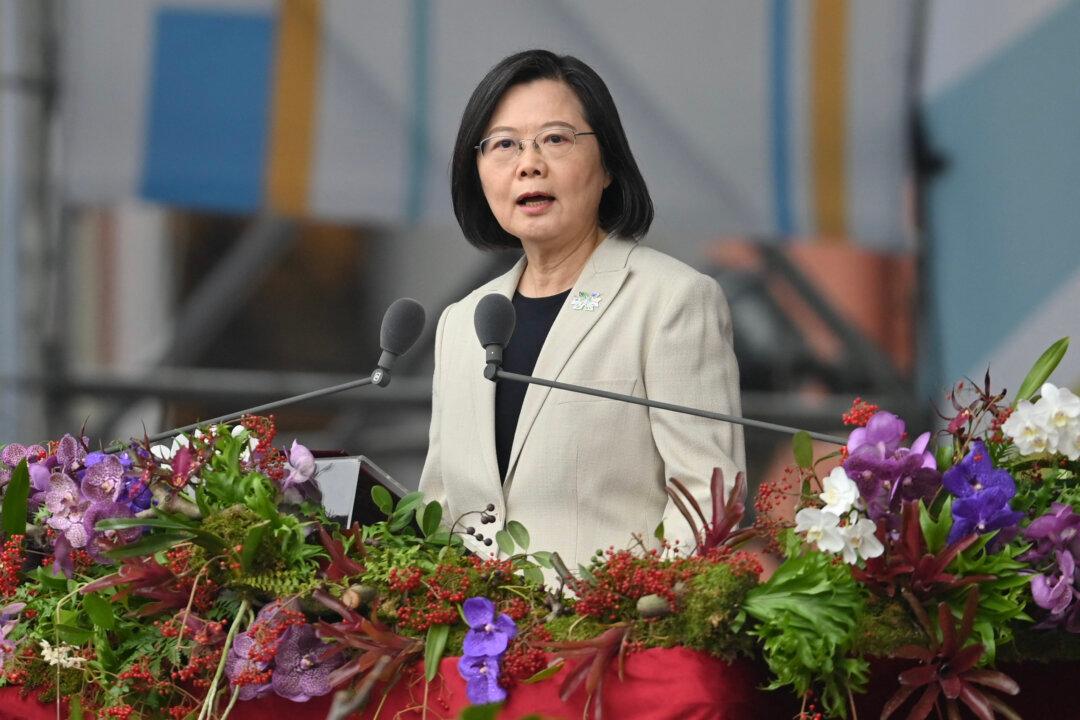As Beijing ramps up its threats against Taiwan in recent years, Canada needs a renewed strategy that recognizes the self-ruled island and normalizes relations with it, says a new Macdonald-Laurier Institute (MLI) report.
The report, titled “Navigating Canada-Taiwan relations: Why Canada needs a renewed strategy to help safeguard peace in the Taiwan Strait,” was conducted by MLI senior fellow Scott Simon, who argues that though Canada has a diplomatic and trade relationship with Taiwan, much of the attention it receives is driven by its connection to communist-led China.





